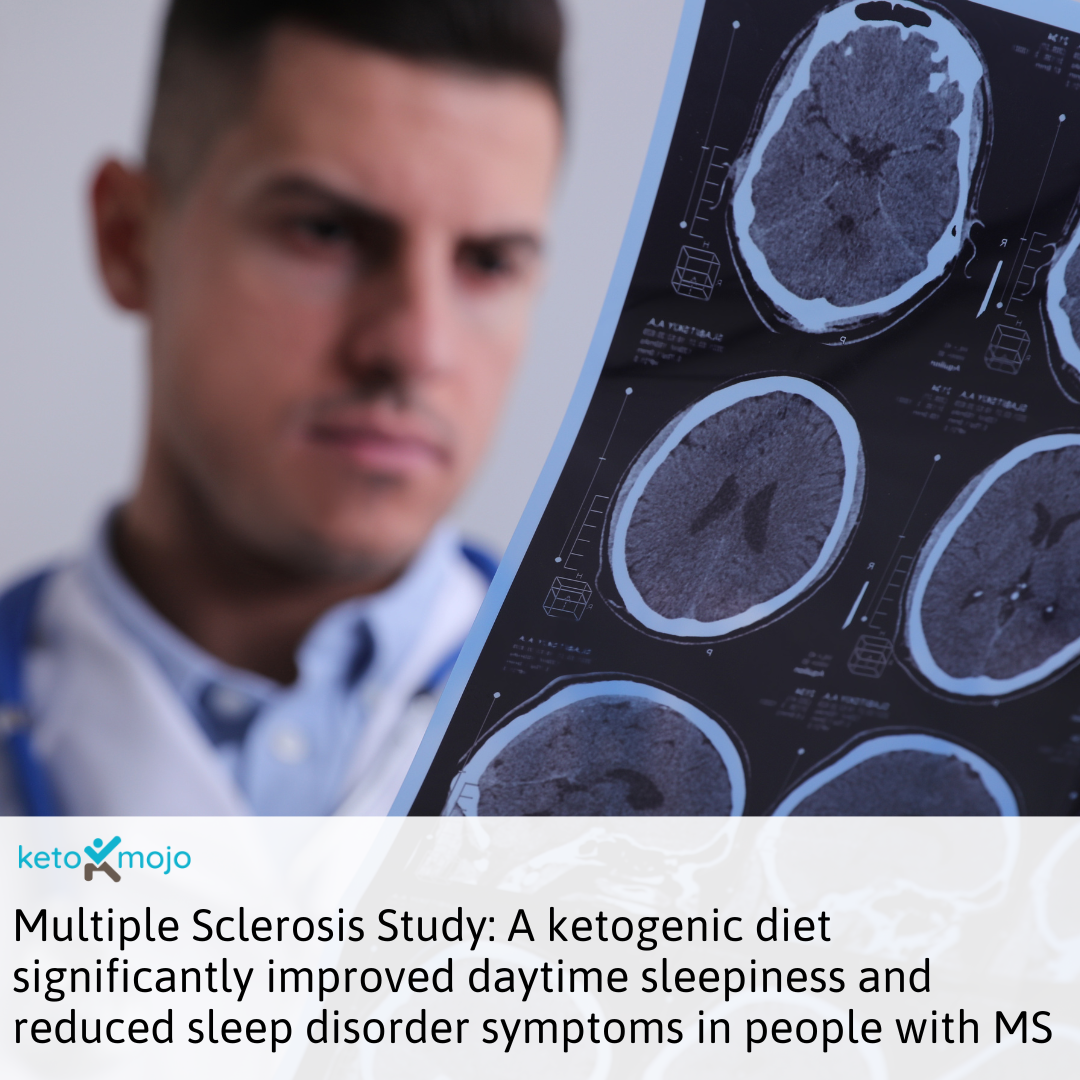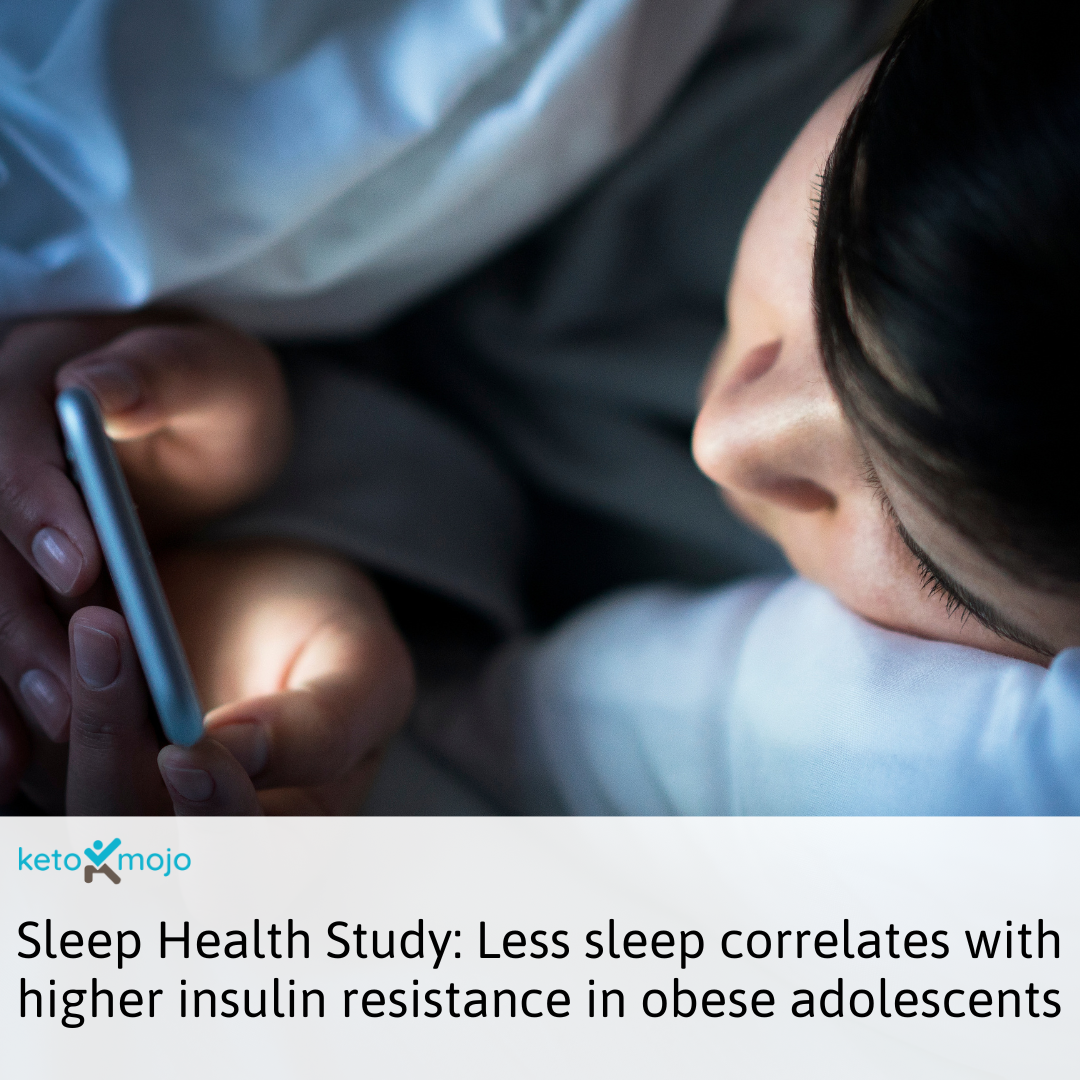General Health, Neurology
Impact of a ketogenic diet on sleep quality in people with relapsing multiple sclerosis

Multiple sclerosis (MS) is a neurodegenerative disease that can cause various symptoms, including sleep disturbances, which affect up to 50% of individuals with the condition. These disturbances––such as insomnia, obstructive sleep apnea, and restless leg syndrome–– significantly impact quality of life and contribute to fatigue in people with MS. Sleep disturbances are also linked to metabolic, vascular, and immune dysfunction.
Researchers are investigating ketogenic diets in people with MS because of their potential benefits for reducing inflammation and improving metabolic health. Growing evidence suggests that KDs can also enhance sleep quality.
A six-month trial evaluated the effects of a ketogenic modified Atkins diet on sleep disorder symptoms in 65 patients with relapsing multiple sclerosis (MS). Net carbohydrate intake was limited to less than 20 grams per day, and adherence to the intervention was monitored through daily urine ketone tests.
Sleep disorder symptoms were assessed at baseline and after 6 months. Statistical analyses were conducted to evaluate changes in sleep quality, sleep disorder symptoms, and their correlation with fatigue, depression, and quality of life. 87% of participants completed both baseline and 6-month assessments.
Results:
- Excessive daytime sleepiness (EDS): The mean ESS score decreased by 1.9 points, with the percentage of participants experiencing EDS dropping from 15.4% to 7.7%.
- Sleep disorder symptoms:
-
- Insomnia scores reduced by 1.55 points.
- Obstructive sleep apnea (OSA) scores dropped by 0.91 points.
- Restless leg syndrome (RLS) scores decreased by 1.00 points.
-
- Sleep diaries: There was a slight reduction in wake after sleep onset at 3 months but no significant change at 6 months.
- Correlations: Improvements in daytime sleepiness correlated with reductions in fatigue, depression, and improved quality of life.
In this trial, a ketogenic diet improved daytime sleepiness and reduced symptoms of insomnia, OSA, and RLS in people with relapsing MS. These improvements were independent of changes in sleep duration. These findings suggest that a ketogenic diet could be a valuable adjunct treatment for improving sleep in people with MS.




